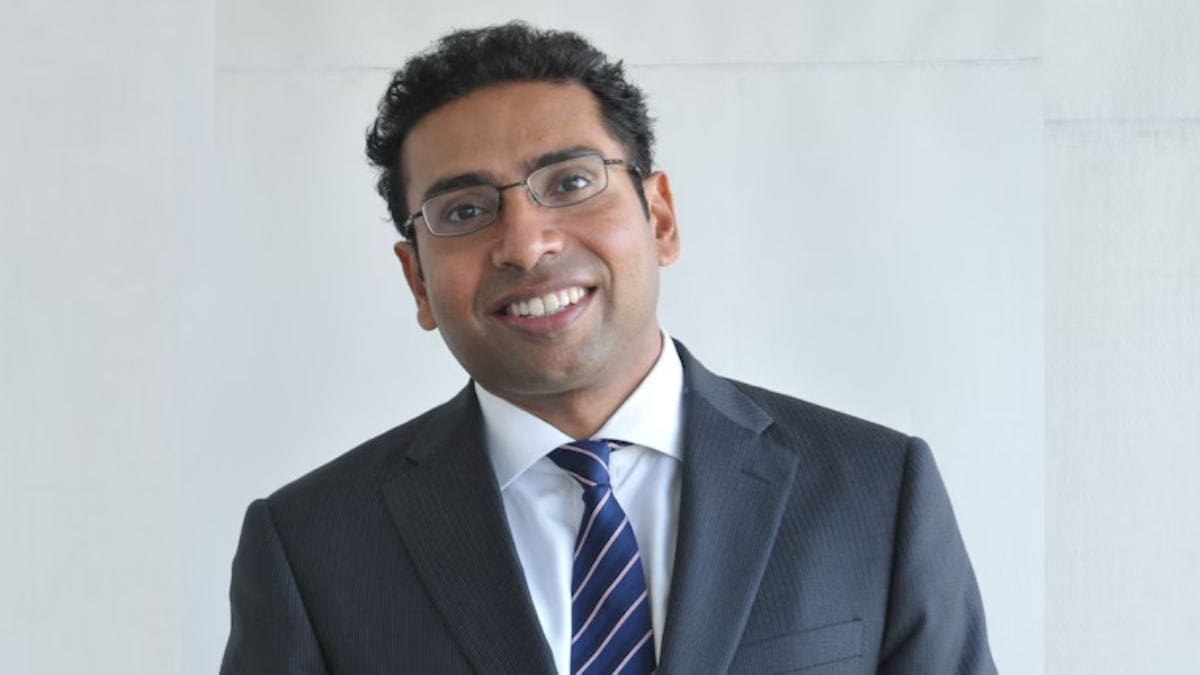It might all have started with a single tweet by Elon Musk, followed by presenter Jimmy Kimmel joking, “Everybody looks so great. When I look around this room, I can’t help but wonder ‘Is Ozempic right for me?’” at the 2023 Oscars, but this anti-diabetic (weight-loss) drug has taken the world by storm. While formally unavailable in India, it, along with other anti-obesity drugs such as Wegovy, of Danish pharma major Novo Nordisk, also the creator behind Ozempic; along with Eli Lilly’s Mounjaro, are also stirring interest and demand in the country.
“Not a day passes when somebody doesn’t call me to enquire about the drug,” says Dr Ambrish Mithal, chairman of endocrinology and diabetes at Max Healthcare. Wegovy, a weekly injection, is approved in the US as a weight-loss medication, while both Ozempic and Mounjaro are anti-diabetic drugs.
‘Quantum of weight loss sets them apart’
“These (anti-diabetic) drugs increase insulin secretion and as an added benefit, they lead to weight loss, which is also beneficial for type-2 diabetes,” explains Dr Mithal.

Medications specifically for weight loss aren’t new. “The conventional weight-loss drugs, which basically act on the brain, have a dismal history. Although effective, they have severe side effects, and hence are withdrawn within a few years of the launch,” explains Dr Mithal.
The newer drugs, on the other hand, work through a different pathway and belong to a class of drugs called glucagon-like peptide-1 agonists. These essentially mimic the hormone GLP-1, produced in the gut, which signals the brain when a person is full. This is true for semaglutide, the anti-diabetic medication sold under the brand name Ozempic and Wegovy. Interestingly, “Semaglutide is also available in India, as an oral drug called Rybelsus. Its advantage is that it is oral, but it is less effective than the injectables,” says Dr Mithal.
In a large study, sponsored by Novo Nordisk, 1,961 adults with excess weight or obesity who didn’t have diabetes were given 2.4 milligrams of semaglutide or a placebo once a week for 68 weeks. Those who took semaglutide ended up losing 14.9% of the weight, while those given a placebo lost just 2.4%. Notably, the dosage of semaglutide was higher than that in Ozempic but equal to that in Wegovy.
Meanwhile, Eli Lilly’s Mounjaro, with the active ingredient tirzepatide, has proven to be more effective, according to studies. Notably, the drug is a GLP-1 and GIP receptor agonist. In a 2022 clinical trial, participants with obesity but not diabetes were given weekly injections of tirzepatide of dosages 5 milligrams, 10 milligrams and 15 milligrams for 72 weeks. Those who received 5 milligrams lost 15% of body weight,10 milligrams lost 19.5%, and those who got 15 milligrams of the drug weekly ended up losing 20.9% of the weight.
This is what sets Ozempic, Wegovy, and such drugs apart from their predecessors—the “quantum of weight-loss”.
‘Steer clear of indiscriminate use’
Although effective, are these safer than their predecessors? “No, they are not safer than the earlier generation of drugs. However, the side-effects seen are primarily an upset stomach and nausea, which can be disabling in some people but many can tolerate them,” the expert says. This appears to have played a role in their transition from anti-diabetic medication to weight-loss drugs. “Now people see them as taking an aspirin,” says Dr Mithal, cautioning that these should be taken under medical supervision. For example, “We avoid prescribing these to those with a history of pancreatitis.”
Muscle loss is another concern, more so among Indians who already have poor muscle mass. “For example, if one loses 10 kilograms, 7 kg may be fat, and the remaining 3 kg may be muscle mass, which is a lot for our kind of build,” says Dr Mithal. Also, while these have not shown to cause low blood sugar reactions, if “you are on other anti-diabetic medication and these are prescribed on top of that, then they can surely bring down your blood glucose to very low levels”.
Taking any of these drugs under proper medical supervision is key here, and the expert cautions against their indiscriminate and over-the-counter use. Before considering taking these, “get in touch with an endocrinologist, who will assess you, do tests, and also follow up. These things are very important,” says the expert.
Having said that, while some of the short-term side-effects are known, it will take at least three to four years to understand the long-term impact of these drugs, the expert says.
‘Drugs cannot be the only solution’
While it can be exciting to lose significant weight, to the tune of 15%, with the drugs, it cannot be the only solution. “Your diet has to be regulated, you have to be exercising and taking enough protein; otherwise everything can go for a toss. So if only depending on the medication and you stop taking the drugs, you’ll just put the weight back on,” Dr Mithal cautions.
Along with the weight, the drugs have also shown to be effective against health issues that come with the weight, such as fatty liver. Although it is soon to say, it is likely that the associated issues might come back if the weight rebounds.
Weight-loss plateau can be another irritant as one tends to lose significant weight in the first six months or so, after which the loss tends to plateau. In such a case, too, Dr Mithal stresses upon the importance of having a healthy lifestyle. Also, “if you ask me about continuing the medication, then yes, you should, if you have lost a significant amount of weight because of these medications. And now that it is maintained, you should continue it,” the expert says. However, “it appears that this line of drugs prolongs the weight plateauing process,” the expert highlights. Speaking on the life-long use, the doctor says it is too soon to comment, but “don’t stop it as soon as you achieve your weight loss goal, as the worst thing you can do with weight is to let it fluctuate. This makes it even harder to lose weight subsequently”.
‘More effective drugs on the anvil’
While Ozempic, Wegovy and Mounjaro stirred much interest in the pharmacological way of losing weight, there is a new entrant on the horizon, which is proving to be even more effective. Retatrutide, a molecule which acts via three different receptors and pathways, has shown to cause an astounding weight-loss of 25% in 48 weeks. “It is acting through glucagon, GLP-1 and GIP receptors. It is amazing how a single molecule can act via all three, which, scientifically, is very interesting for us to see. It is decades of hard work. And the weight-loss achieved is almost 25%, which is huge and dramatic, and equivalent to bariatric surgery,” explains Dr Mithal.
Although having shown to be effective, it is still undergoing trials. Hence, although effective than its contemporaries, not much can be said about its safety profile.
‘First-line treatment for obesity will always be lifestyle’
As weight loss drugs continue to garner much interest, they also steer an essential question—if obesity is a disease, and not a lifestyle issue? “A lot of diseases are lifestyle issues. They are not mutually exclusive. So obesity is a lifestyle issue in the sense that it should be prevented and minor degree of obesity should be treated with lifestyle alone. No degree of obesity can be managed or prevented without lifestyle in place. But there can be degrees of obesity that cannot be managed with lifestyle alone, and, therefore, the need for drugs is felt in such cases. It is not one versus the other. So it is not a disease but at some point it becomes a disease,” explains Dr Mithal.
Although the expert cautions against the use of the drugs for minor obesity, there are cases when they can be considered. For example, those with diabetes, or with other co-morbidities, such as heart issues, along with those who are morbidly obese. However, currently, their use is largely steered by affluence and financial status.
When asked if the drugs can ever be the first-line of treatment for obesity, Dr Mithal says, “If we talk of drug treatment for obesity, then they already are the first-line drug treatment. But if you’re talking about first line treatment including lifestyle, then they can never be first-line. The first-line will always be lifestyle.”







